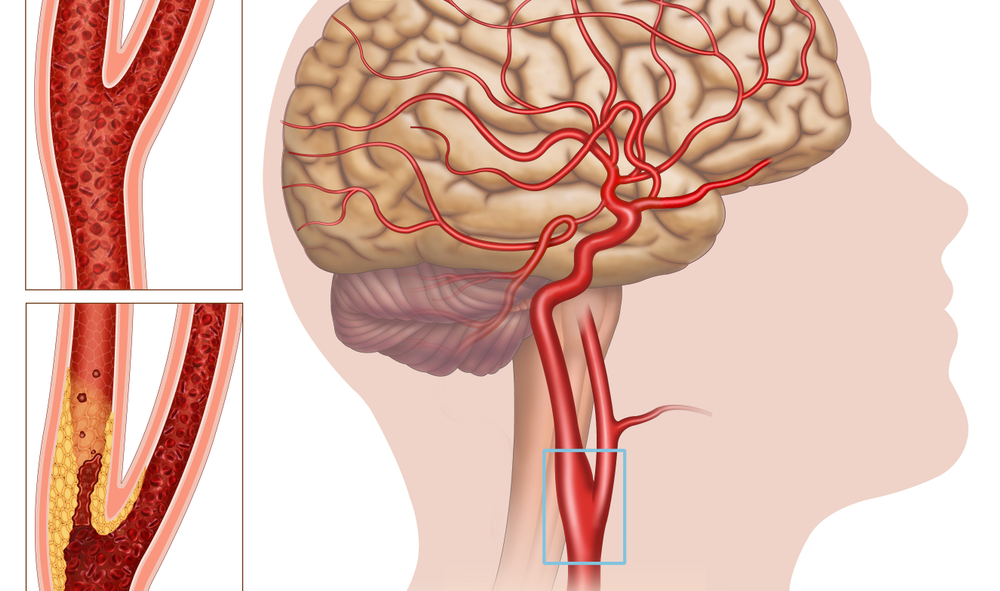Carotid Artery Disease
As vascular specialists, we provide a range of essential vascular services to patients, addressing a wide spectrum of vascular conditions.
These services are aimed at diagnosing, maintaining and improving your vascular health, ensuring optimal blood flow throughout your body. Seeking care from a vascular specialist for vascular diseases is vital for several reasons. We possess extensive knowledge and expertise specifically in the diagnosis and treatment of vascular conditions. Our specialized training enables us to offer the most up-to-date and effective treatments, reducing the risk of complications.
Vascular diseases can have severe consequences if left unaddressed, such as strokes, heart attacks, or limb amputations. We can provide personalized care tailored to your unique needs, ensuring the best possible outcome for your vascular health. Early intervention, expert guidance, and a focus on your well-being make consulting a vascular specialist a crucial step in managing vascular diseases.

Carotid Artery Disease
Carotid artery disease is a condition we want you to be aware of, especially in the context of stroke prevention. The carotid arteries are major blood vessels in your neck that supply blood to the brain. When plaque, a combination of cholesterol and other substances, builds up in these arteries, it can lead to carotid artery disease, which is a significant risk factor for stroke.

Stroke occurs when the blood flow to the brain is disrupted, either by a blood clot or a ruptured blood vessel. Carotid artery disease can lead to a stroke if a piece of the plaque breaks off and travels to the smaller vessels in the brain, blocking blood flow. Symptoms of carotid artery disease may include sudden weakness, numbness, or difficulty speaking or seeing, which are indicative of a stroke.
Preventing carotid artery disease and, in turn, reducing your risk of stroke involves managing risk factors. Lifestyle changes, such as quitting smoking, maintaining a healthy diet, exercising regularly, and controlling blood pressure and cholesterol levels, are essential steps. Your healthcare provider may recommend medications to help manage these risk factors.
Additionally, carotid artery disease can be detected through non-invasive imaging tests like carotid ultrasound or Doppler imaging, which allow us to assess the degree of blockage in the carotid arteries. Based on the severity of the disease, treatments may range from medication management to surgical interventions such as carotid endarterectomy or stenting.
Early detection, lifestyle modifications, and adherence to treatment plans are key to preventing carotid artery disease and the associated risk of stroke. Your vascular health is a critical part of your overall well-being, and we are here to help you take proactive steps to maintain it.
